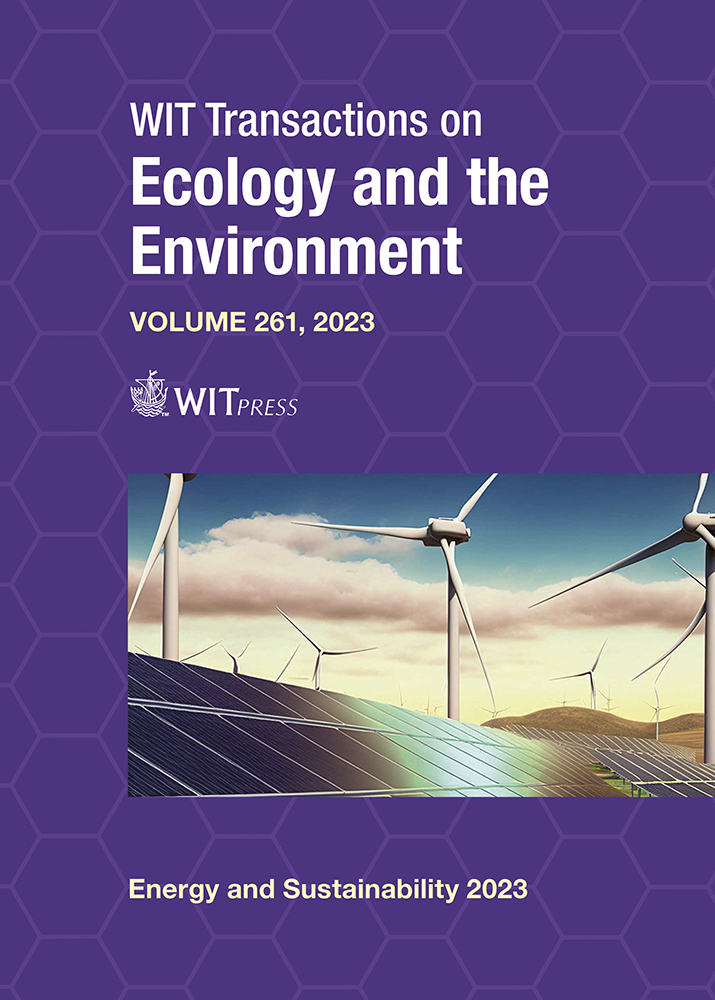UNDERSTANDING DIFFERENTIAL EFFECTS OF ENERGY GOVERNANCE CONSTRAINTS IN NIGERIA: A TRANSITIONAL JUSTICE PERSPECTIVE
Price
Free (open access)
Transaction
Volume
261
Pages
9
Page Range
25 - 33
Published
2023
Paper DOI
10.2495/ESUS230031
Copyright
Author(s)
ASLAM KAITAH, FRANCIS B. FRIMPONG
Abstract
Sub-Saharan nations face a plethora of constraints in advancement of their economic development, a phenomenon particularly vivid in the extractive sector. A large chunk of the limitations – inherited and retained in the post-colonial era – adversely affect an effective and efficient governance of energy and natural resources. Drawing on the case study of Nigeria, Africa’s largest oil producing nation, this paper looks as to how energy governance is constrained by the historical legacy of colonialism and postcolonialism. The paper argues that the colonial legacy has had a profound impact on the effectiveness of energy governance and its institutions in the post-colonial era, in particular those confined to oil and gas. Drawing on transnational justice and energy governance theories, the paper seeks to reconcile the demands of today – including the need for improved efficiency and skilled management as well as investment liberalization and resilience of the energy system – with the colonial and post-colonial legacies that are deeply rooted in the energy sector and beyond. Using a systematic literature review method, the paper outlines its content analysis and research findings in a form of a set of recommendations addressed at the country’s policymakers and decision makers calling for a greater accountability and consistency in Nigeria’s energy policy.
Keywords
energy governance, transitional justice, accountability, Nigeria, energy policy





